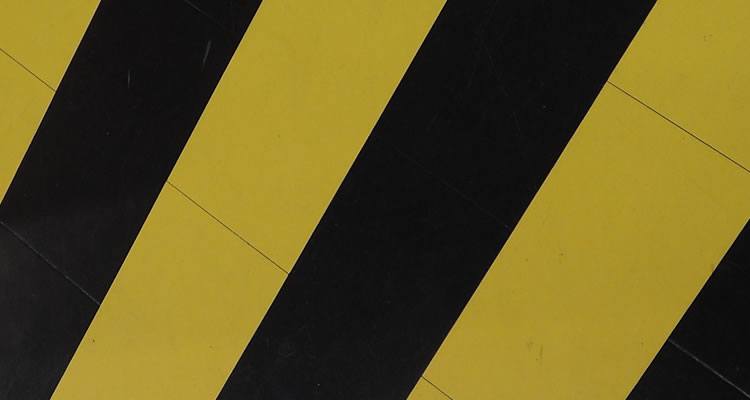Safety information on natural disaster in Japan

Japan's governmental agencies provide information on how to cope with the emergency. Though nobody can tell exactly when and where a natural disaster is waiting to happen, you don't have to be too anxious as long as you are well prepared.
Safety tips that will help you in the case of an emergency
Japan Tourism Agency provides international tourists in Japan with information about safe travel. This website is available in languages; English, Chinese (traditional/simplified), and Korean.
If you are a tour guide for international tourists in Japan, it is advisable to bookmark this website or use the app so you can take proper actions to cope with emergencies.
Safety tips for travelers by Japan Tourism Agency
https://www.jnto.go.jp/safety-tips/eng/index.html
The disasters expected to happen in Japan
Earthquake
Since Japan geographically lies on a collision point of tectonic plates, the plates' movements often cause earthquakes. Though most of those earthquakes are as small as you can sense little, large earthquakes may occur once in a certain period (every several hundred years, etc.), and they hit different regions of Japan depending on which of the plate moves.
Thanks to the efforts by Japan meteorological agency, prevention and mitigation measures of earthquakes are in progress while the mechanism of earthquakes is getting revealed.
Earthquakes and Tsunamis Observation and Disaster Mitigation by Japan meteorological agency (PDF)
https://www.jma.go.jp/jma/kishou/books/jishintsunami/en/jishintsunami_en.pdf
Tsunami
In many cases, earthquakes involve Tsunami as Japan is islands. Large earthquakes occurred in other countries may also cause Tsunami which may reach to Japan. Information on the Tsunami mechanism can also be found on the Japan meteorological agency "Tsunami Warnings/Advisories"
https://www.jma.go.jp/en/tsunami/
Volcanic eruptions
Japan is of volcanic islands. Mamy of tourist spots in Japan, include Mt.Fuji, are located near or on active volcanic mountains. Although the Japan Meteorological Agency has been observing volcanic activities, people going up to such mountains for hiking should check the hazardous situation beforehand.
Volcanic Warnings by Japan meteorological agency
https://www.jma.go.jp/en/volcano/
If you have a plan to go for a mountain hiking and need some safety tips, see this article on digi-joho "Hiking in Japan"
Sudden downpour
Because of recent global warming or climate changes, we tend to have sudden, heavy rain more frequently than before. Such sudden downpour, called Guerrilla-gohu or torrential rain, is dangerous while hiking in the mountains.
The information on sudden downpour is also found on the digi-joho "Watch out for the torrential rain - Guerrilla-gohu and Oh-ame".
Avalanche (Nadare snowslide)
In Japan, avalanche risks rise between late February and early April.
This NPO offers information on Avalanche (Nadare in Japanese).
Japan Avalanche Network
https://www.nadare.jp/
If you operate Skiing-related business in Japan, consider being a member of these NPO.
Other "natural disaster" you may encounter while traveling in Japan
Watch out for dangerous insects and animals. These are not actual natural disasters, but they are all caused by changes in the natural environment of Japan.
In the mountains: Hornets, Ixodid ticks, Bears etc.
Related article on digi-joho "What to know about hornets (Suzumebachi) in Japan"
https://www.digi-joho.com/living-japan/hornets-suzumebachi-stings.html
In the sea: Blue-ringed octopus and other toxic fishes began to live in the sea around Japan while the climate is warming.

